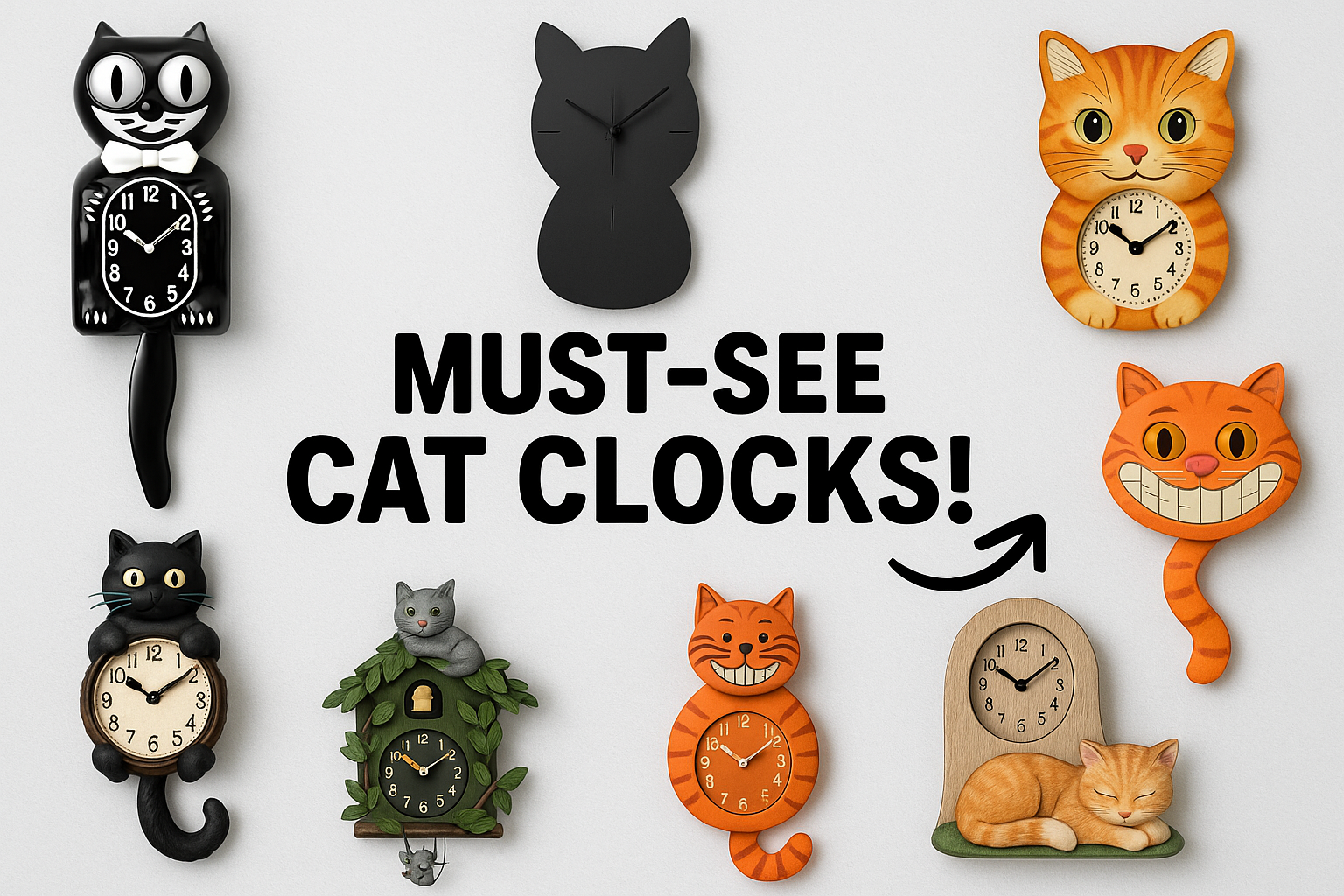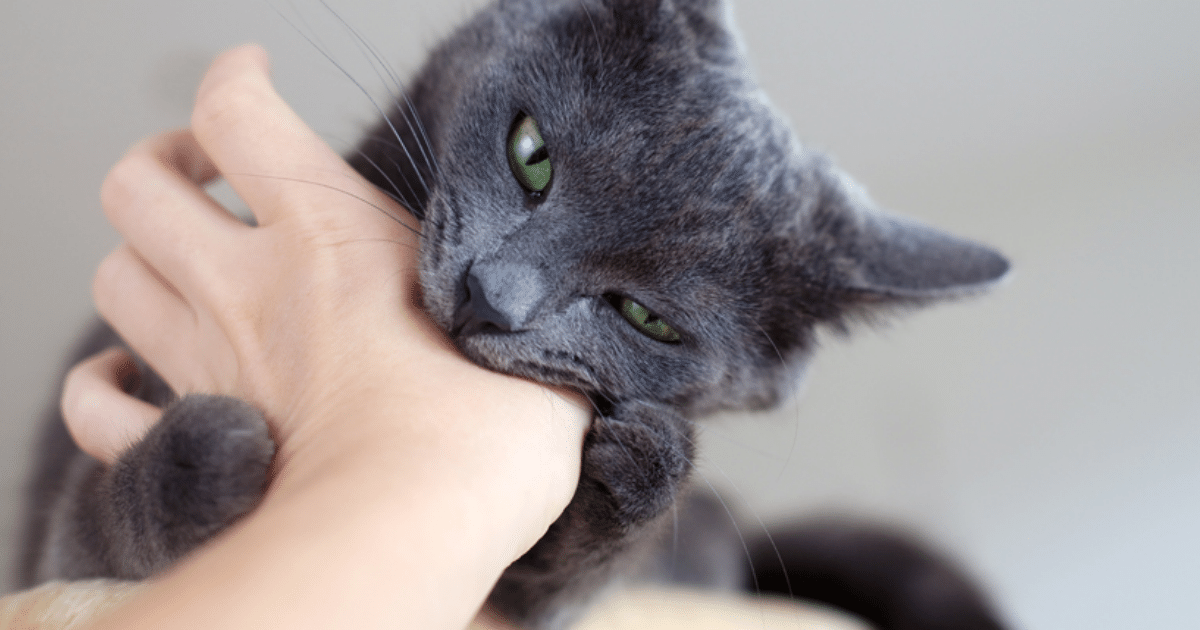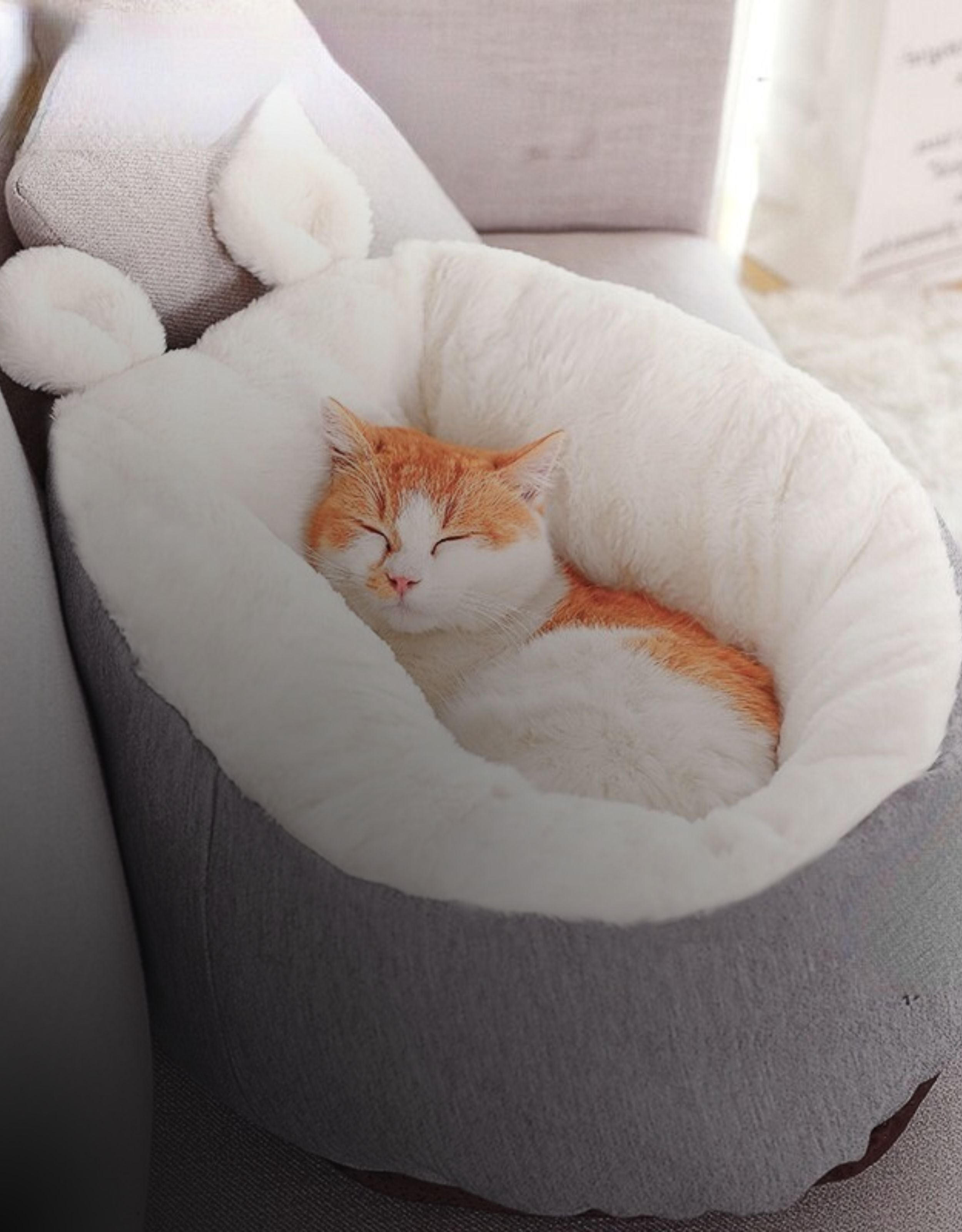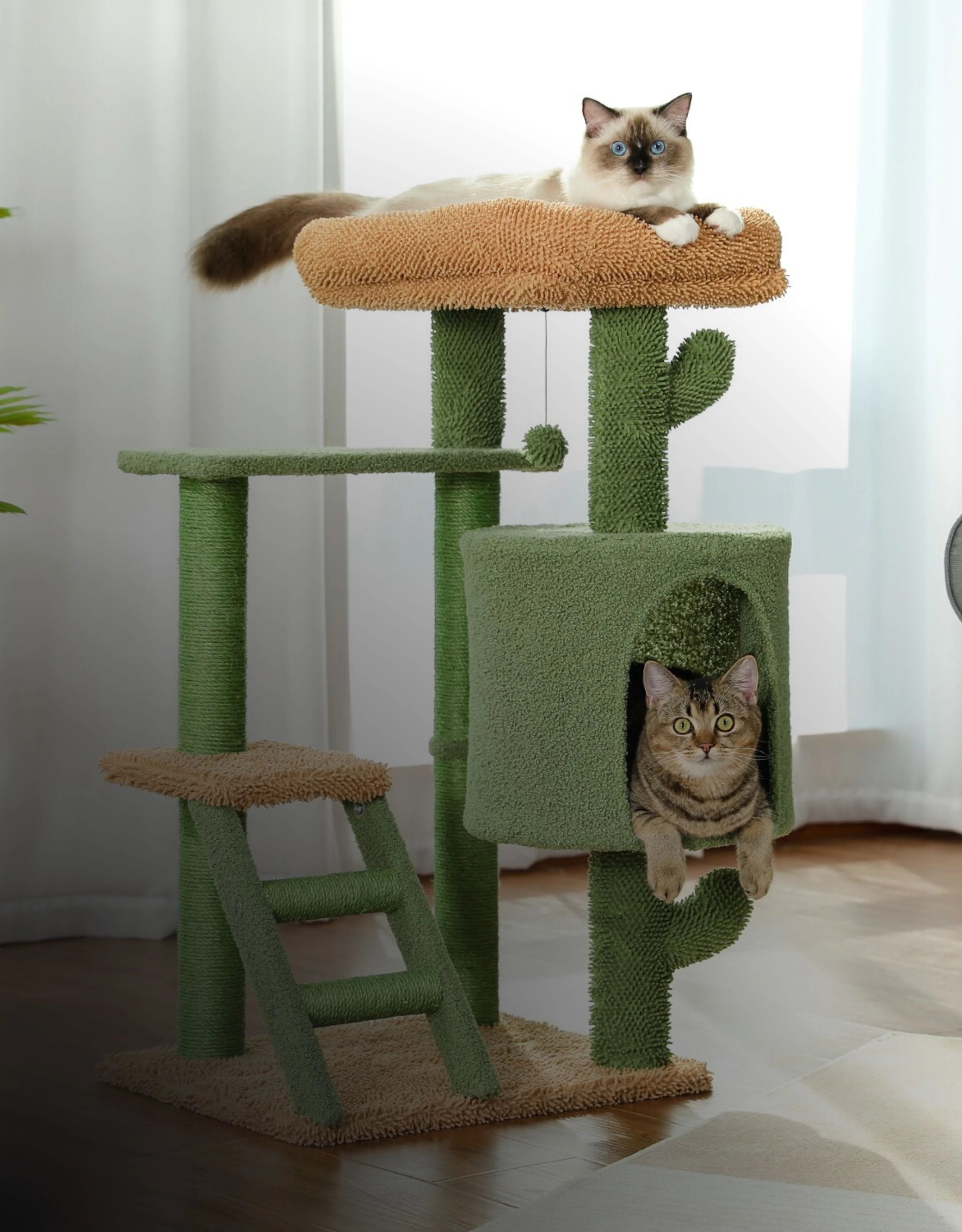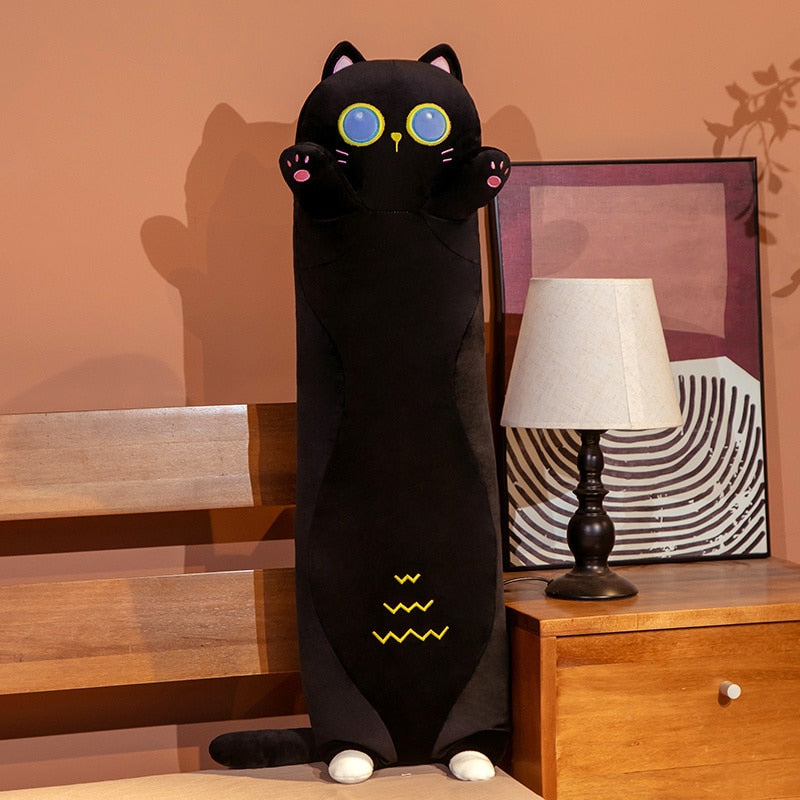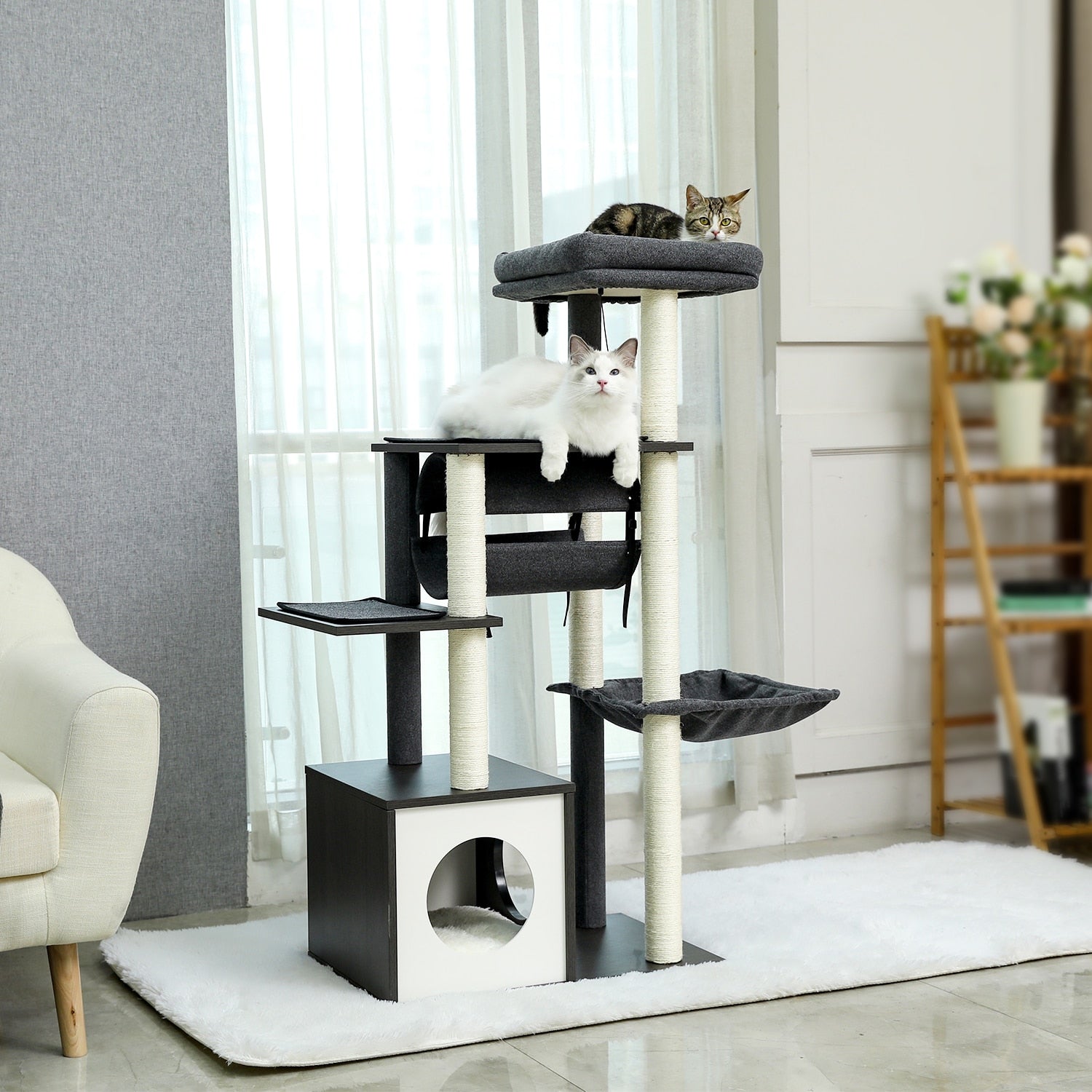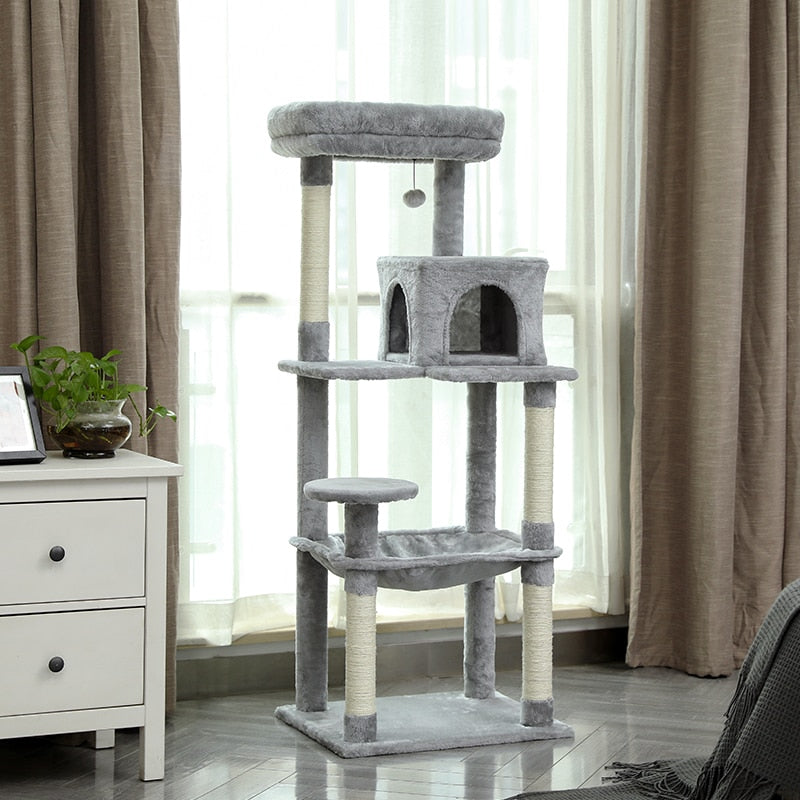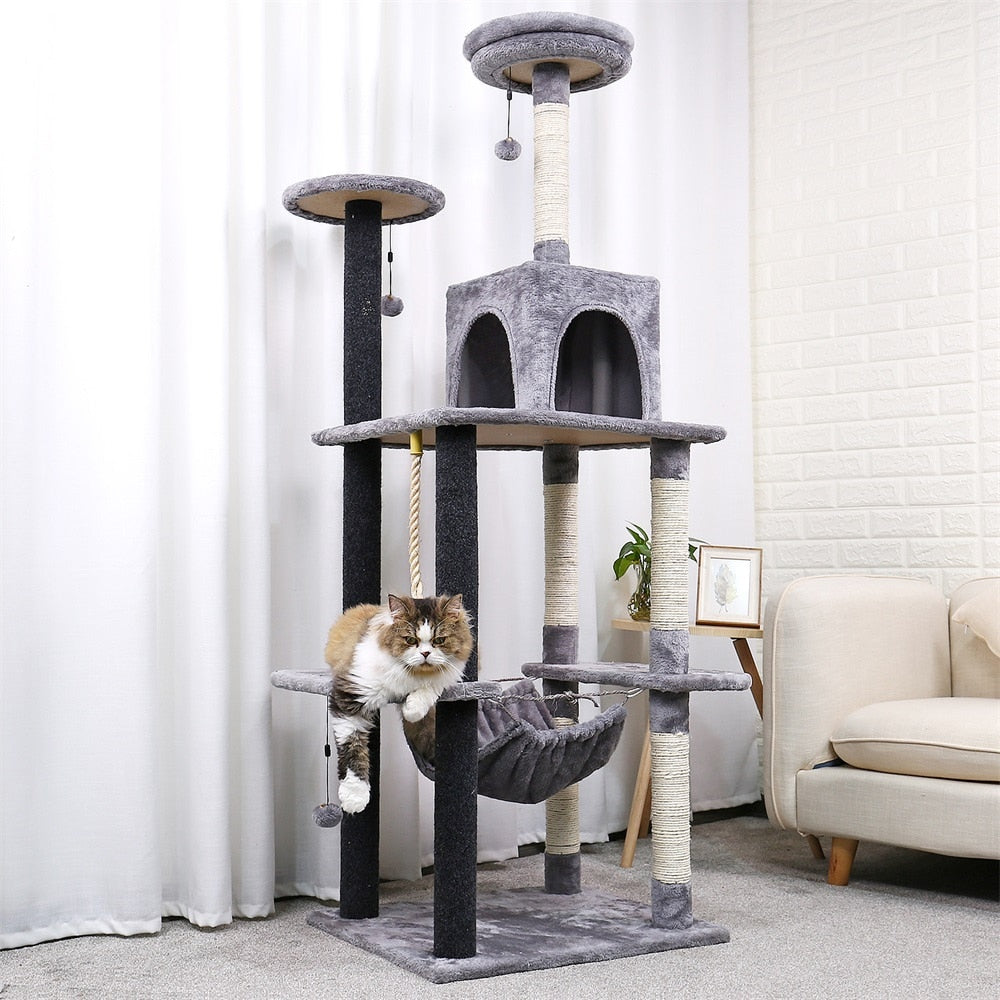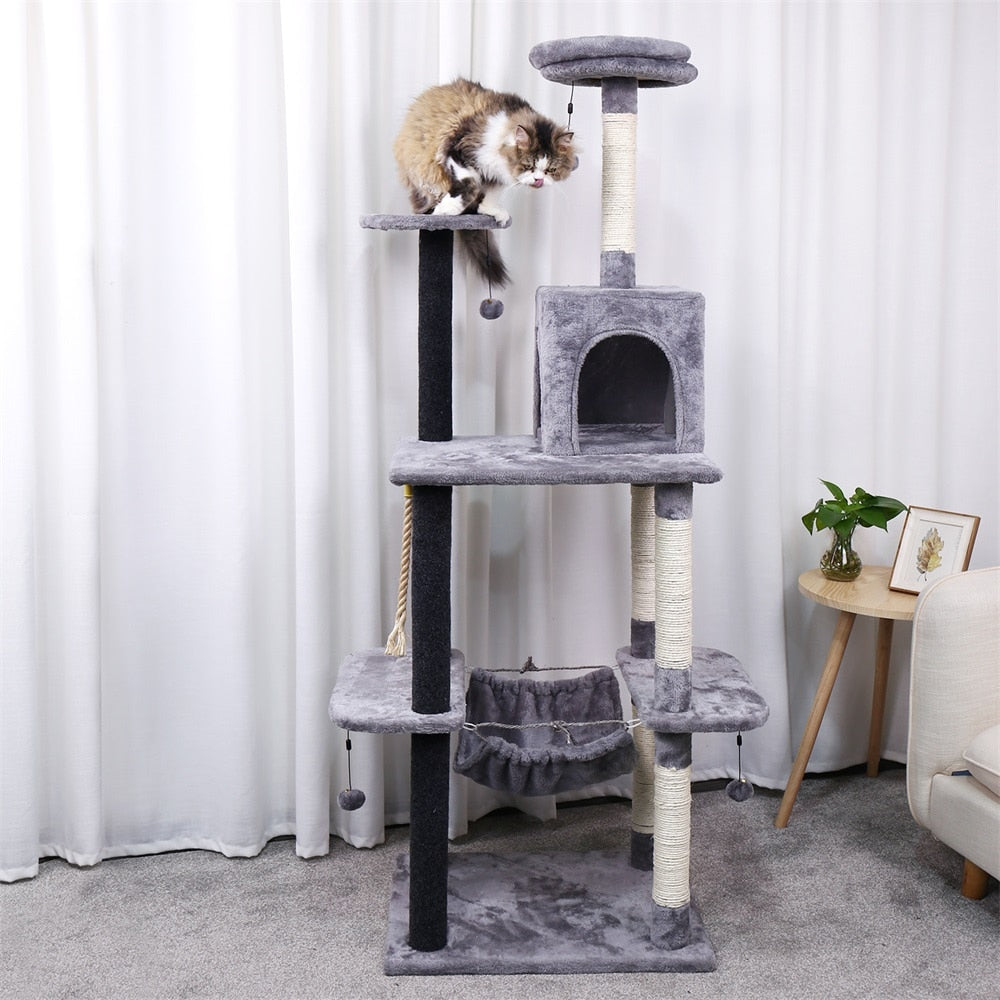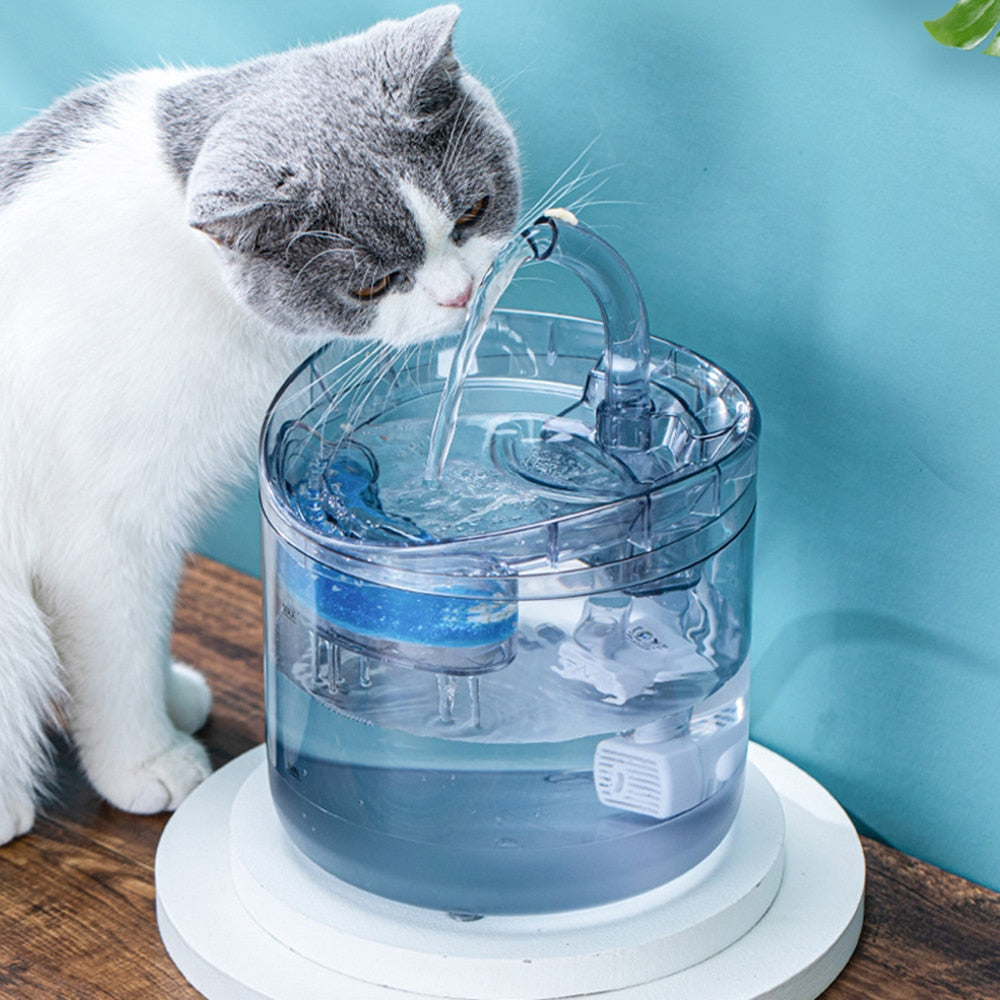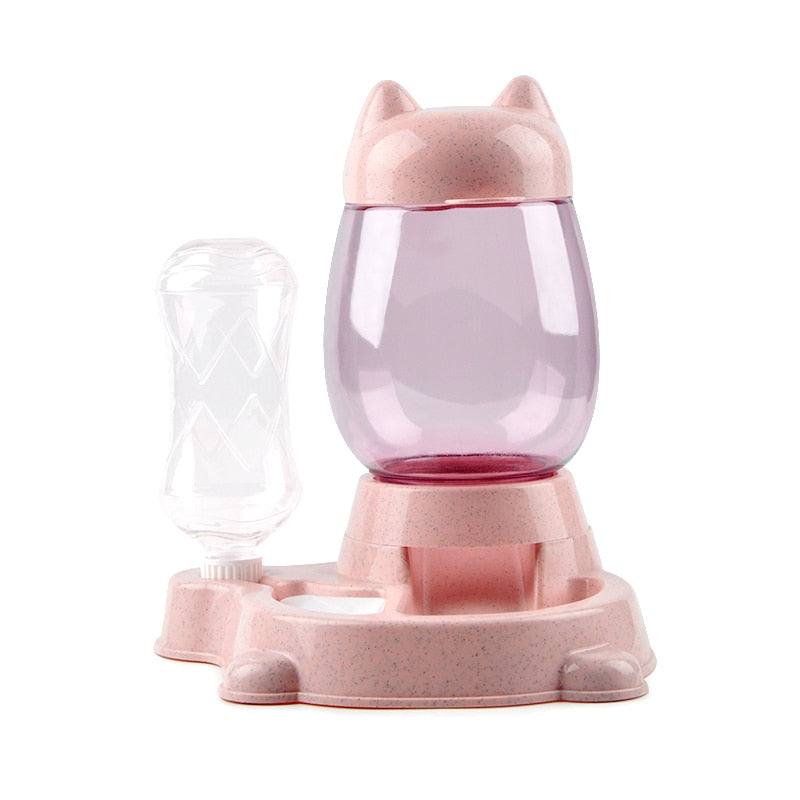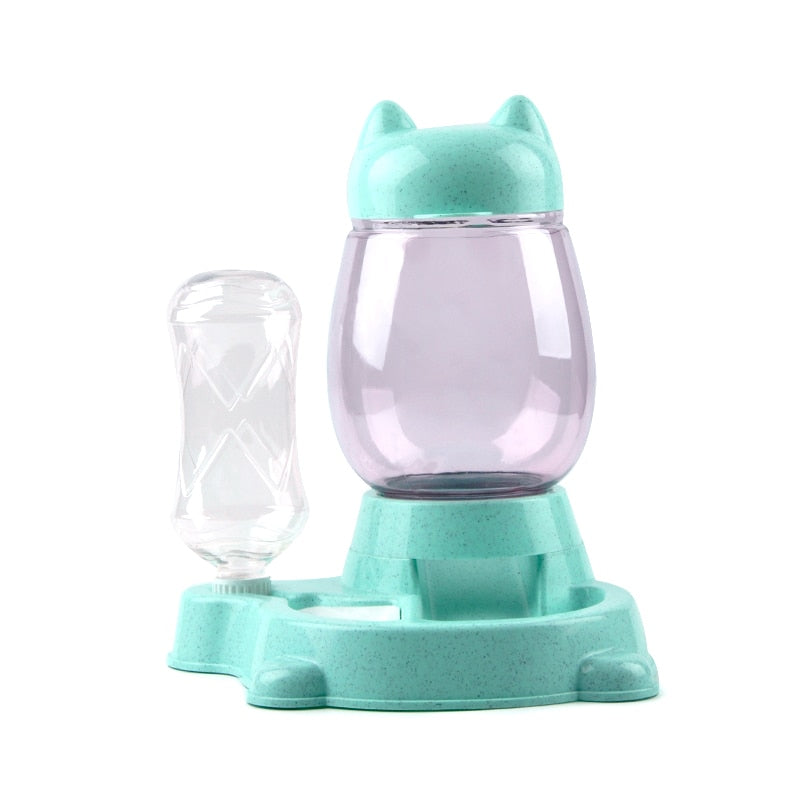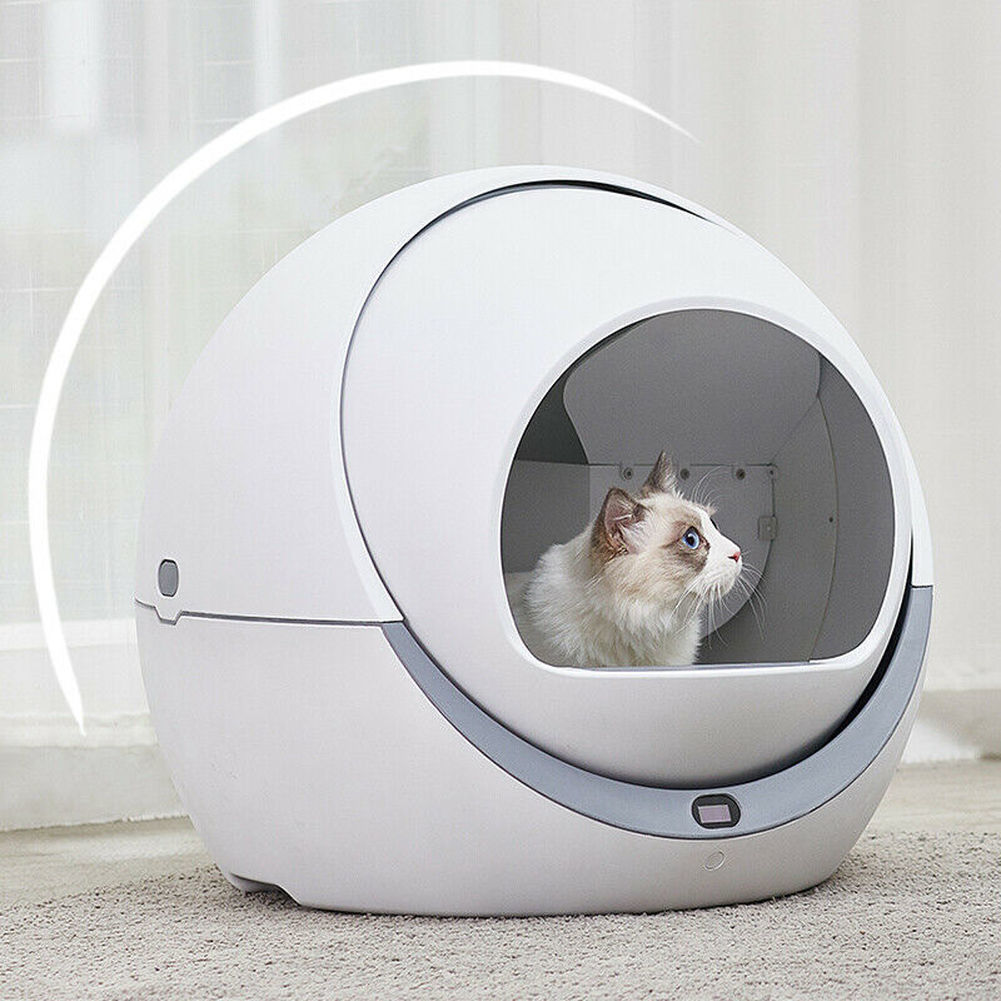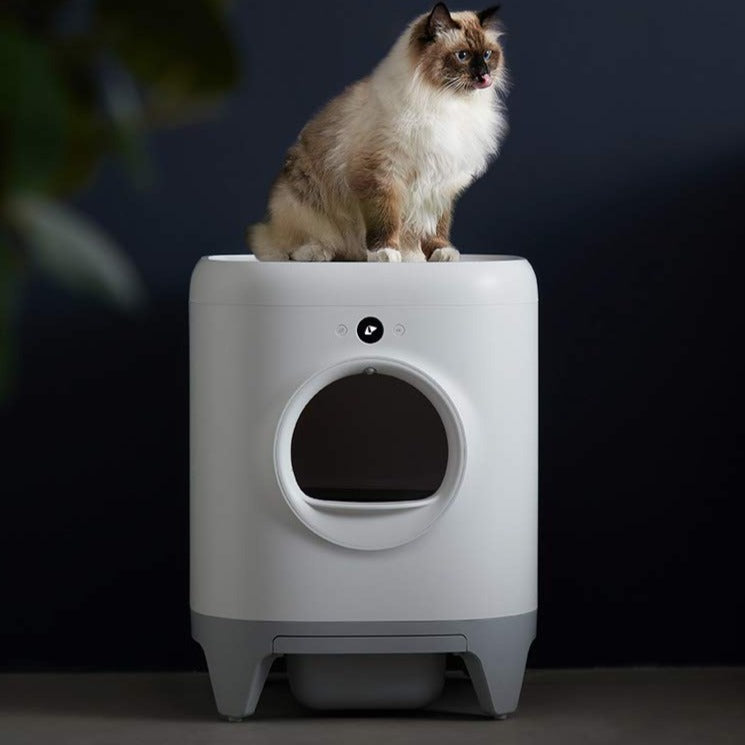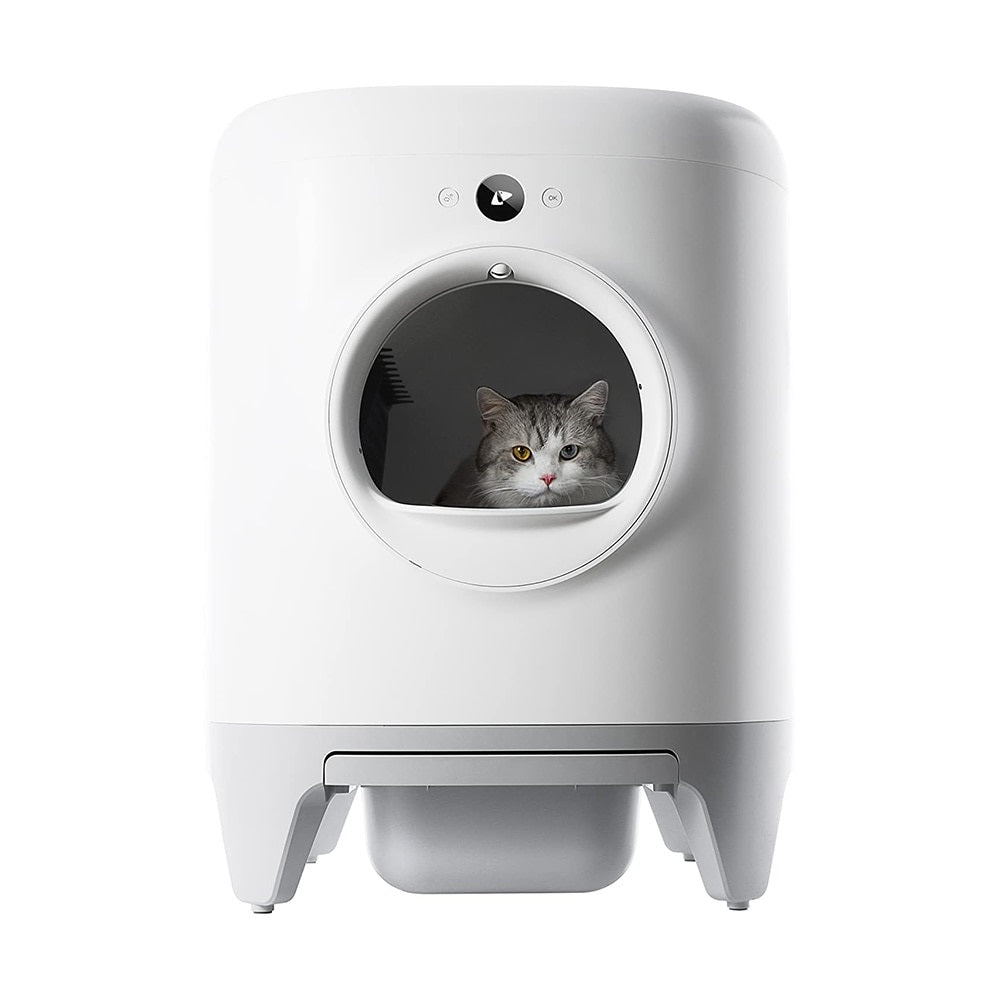Can cats see in the dark?
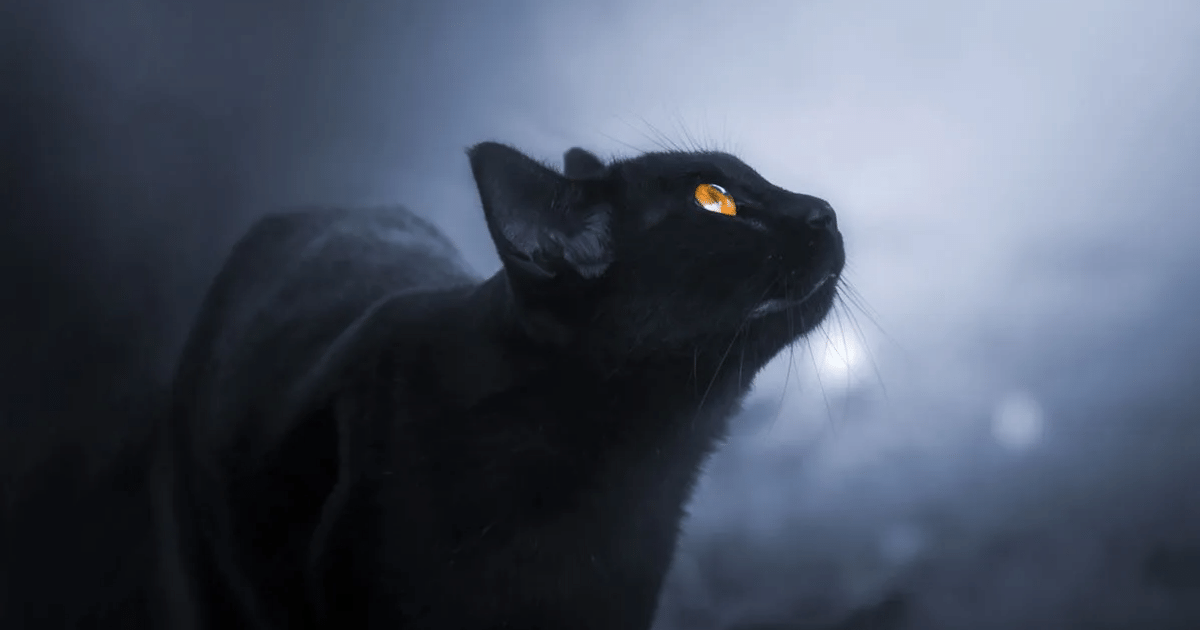
Can Cats See in the Dark? The Truth About Cats' Night Vision
For centuries, cats have been known for their mysterious and captivating nature. One common belief is that cats can see in the dark. But is this really true? Let's explore the fascinating world of cats' night vision and find out if they have the superpower to see in absolute darkness.
Contrary to popular belief, cats cannot actually see in complete darkness. However, their night vision capabilities are undoubtedly impressive and far superior to those of humans. To understand how cats navigate the darkness, we need to delve into the unique structure of their eyes.
The Remarkable Adaptations in Cats' Eyes
Cats have evolved with several remarkable adaptations in their eyes that allow them to see more effectively in low light conditions. One of the key features is their large, dilated pupils, which can open wider than those of humans. This allows more light to enter the eye, enhancing their ability to see in dim lighting.
In addition to their dilated pupils, cats also possess a reflective layer called the tapetum lucidum behind their retinas. This layer acts as a mirror, bouncing the incoming light back through the retina and giving it a second chance to be detected. This reflective layer is what causes cats' eyes to appear to glow in the dark.
The Magic of Cats' Night Vision: Rods and Cones
Within the retina of a cat's eye exists two types of specialized cells called rods and cones. Rod cells are responsible for detecting light and motion, making them crucial for cats' night vision. These cells are highly sensitive to even the slightest amount of light, allowing cats to detect prey or navigate their surroundings in near darkness.
On the other hand, cone cells are responsible for color vision and sharp details. While cats have fewer cone cells compared to humans, their rod cells are much more abundant, providing them with exceptional night vision capabilities.
It's these adaptations in cats' eyes that enable them to see clearly in very low light conditions, giving them a significant advantage when hunting or exploring their environment after the sun has gone down.
The Superior Hunting Skills of Nocturnal Predators
Being crepuscular creatures, cats are most active during dawn and dusk when their preferred prey, such as rodents, birds, and insects, are also on the move. With their exceptional night vision, cats can stalk and pounce on their unsuspecting prey with incredible precision and accuracy.
In addition to their advanced night vision, cats also have highly developed senses of hearing and smell, which further enhance their hunting abilities in low light conditions. Their keen sense of hearing allows them to detect even the faintest rustle or movement of their prey, while their acute sense of smell helps them track down hidden prey.
So while cats can't see in the pitch darkness like some mythical creatures, their exceptional night vision skills make them formidable hunters during the twilight hours.
How to Optimize Your Home for Your Cat's Night Vision
If you're a cat lover, you may wonder how you can enhance your feline friend's night vision experiences. Here are a few tips on optimizing your home for your cat's exceptional low light vision:
1. Provide Sufficient Lighting: Even though cats can see better in the dark, it's still important to ensure that your home has adequate lighting to prevent accidents and help your cat navigate their surroundings with ease.
2. Avoid Abrupt Light Changes: Cats' eyes need time to adjust to changes in light conditions. Avoid sudden switches from bright light to darkness to give your cat's eyes time to adapt.
3. Keep a Safe Environment: Cats are skilled climbers and can easily maneuver around furniture and objects even in low light. However, it's crucial to remove any hazards or potential obstacles that could pose a risk to your cat's safety.
The Mystery Behind Cats' Night Vision Unveiled
While cats may not possess the ability to see in complete darkness, their extraordinary night vision capabilities are nothing short of fascinating. From their uniquely adapted eyes to their superior hunting skills, cats have mastered the art of navigating the darkness.
So the next time you catch your furry feline companion effortlessly leaping and pouncing in the dimly lit corners of your home, you can appreciate the marvels of their night vision that make them the incredible creatures they are.
The Fascinating World of Cats' Eyes
Cats' eyes have long captivated the imagination of cat lovers and enthusiasts. Their striking appearance, coupled with their exceptional night vision, adds to the allure of these majestic creatures. Understanding the intricacies of cats' eyes and their night vision capabilities sheds light on their impressive adaptations and unravels some of the mysteries surrounding their behavior.
From the way their eyes dilate and their pupils transform into slits during hunting mode to their ability to reflect light in the dark, cats' eyes truly command attention.
Furthermore, the contrast between their large, luminous irises and their sophisticated night vision makes cats' eyes a subject of awe and intrigue. It's through these captivating eyes that cats perceive the world, revealing a unique perspective that both fascinates and enchants.
Celebrating Cats' Extraordinary Vision
While cats may not possess the mythical power to see in complete darkness, their exceptional night vision abilities are undoubtedly something worth celebrating. Their ability to navigate low light conditions with ease is a testament to their remarkable adaptations as nocturnal predators.
So the next time you gaze into your cat's mysterious eyes, remember the wonders of their intricate vision system and appreciate the beauty of their extraordinary night vision.
Demystifying Cats' Nocturnal Prowess
As crepuscular creatures, cats are well-equipped to thrive during dawn and dusk when their prey is most active. Their ability to see in low light conditions, coupled with their acute hearing and sense of smell, makes them formidable hunters.
While not possessing the superpower of seeing in complete darkness, cats have perfected the art of navigating the twilight hours, often with an enchanting grace that leaves us in awe.
By demystifying their nocturnal prowess, we gain a deeper understanding and appreciation for these captivating creatures that share our lives.
In conclusion, while cats cannot see in complete darkness, their remarkable night vision capabilities are something to be admired. Their uniquely adapted eyes, filled with an abundance of rod cells and a reflective layer, allow them to navigate low light conditions with precision. Coupled with their keen senses of hearing and smell, cats have evolved into skilled hunters, conquering the darkness with ease. Celebrate the wonders of your feline companion's night vision, and never underestimate the power of their captivating eyes.






